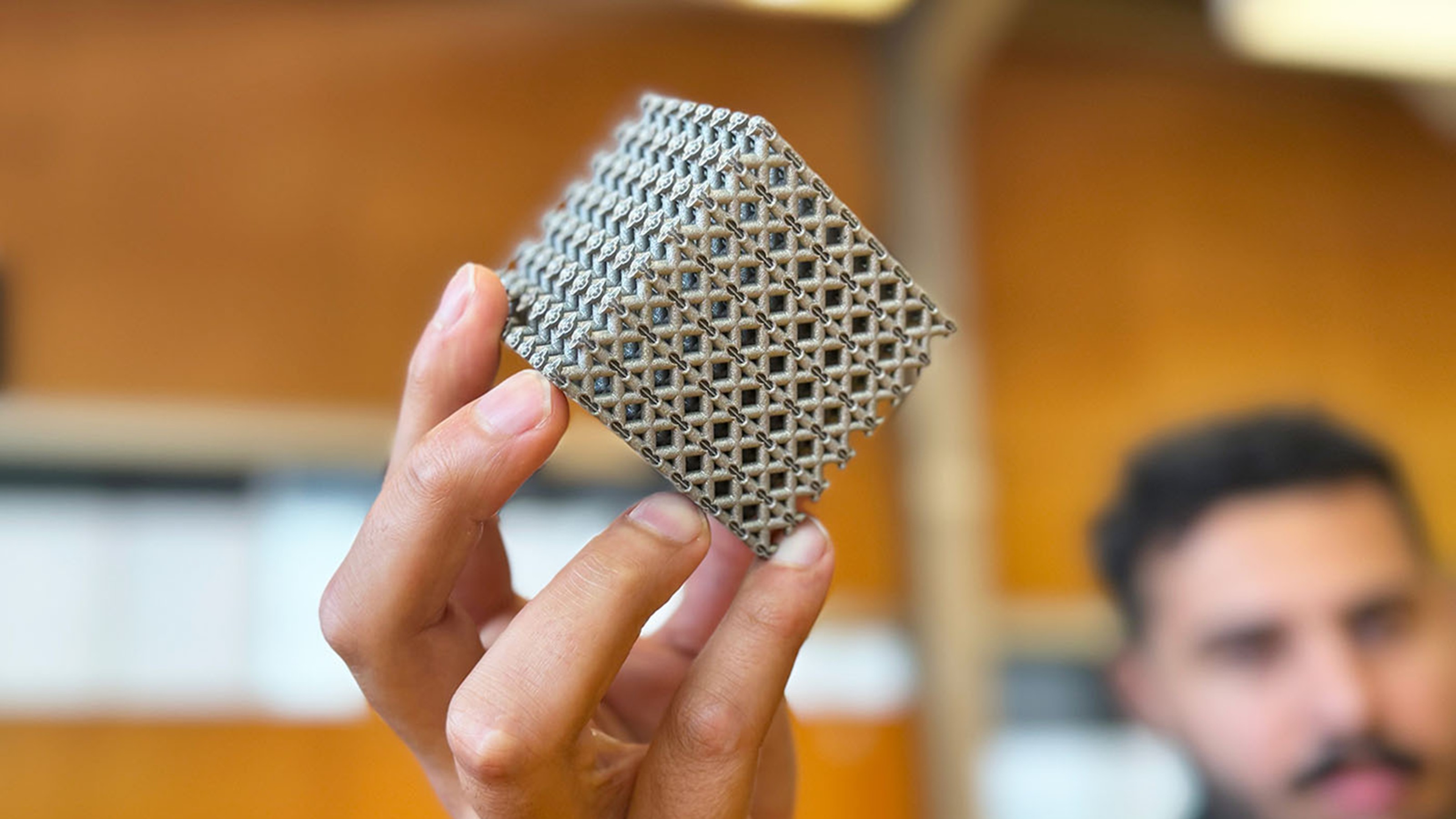Niall Ferguson believes that if we destroy human civilization, we certainly destroy history.
Question: Have we reached the end of history?
Niall Ferguson: Well there is an end of civilization that isn’t difficult to imagine because civilization hasn’t lasted that long in the great scheme of this planet’s history. And it is a fragile thing which is constantly pushing the earth’s resources to their limits as the population rises toward the 9 billion mark; as the challenges of energy utilization become ever more daunting; as the risks of climate change grow; and more importantly as the risks of war grow larger, larger in the sense that weaponry has never been more destructive than it is today. Then we certainly now have the capability to destroy human civilization. And if we destroy human civilization, we certainly destroy history.
So the end of history is conceivable, but it didn’t happen in 1989 as Francis Fukuyama famously suggested. Because what he meant by the end of history was the triumph of one model of social organization – namely the model of western, liberal, capitalist democracy.
Well I think even then it was a pretty heroic assumption that that model was going to prevail and become the only model in town. It’s become an even less credible hypothesis since 1989. Clashing civilizations have come along and spot the story. But it seems to me that this is a use of language. Though it made for a great article title, the end of history can only really happen when civilization ends, and men and women cease to be able to record their deeds because that really is the sine qua non for history.
Recorded on: Oct 31 2007






